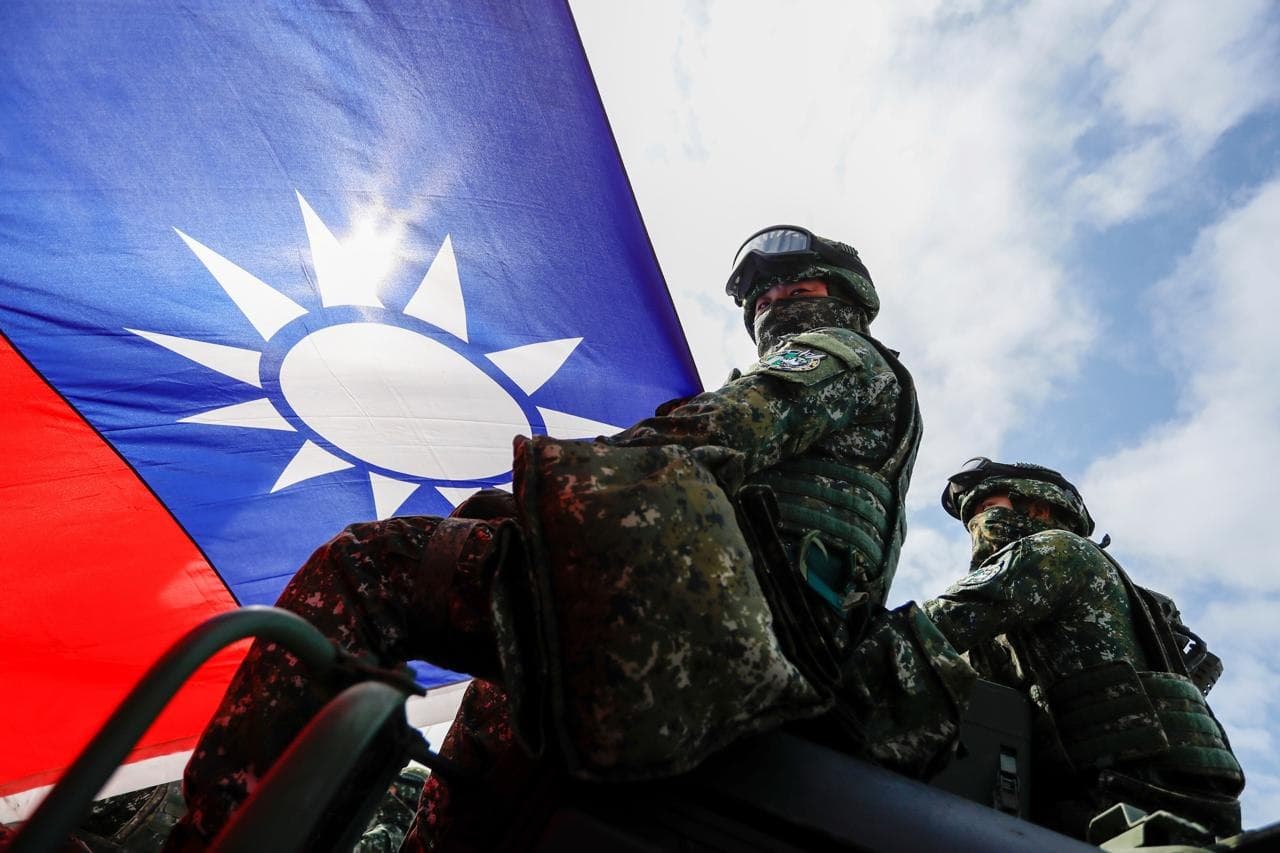Taipei, Taiwan – In a significant move reflecting escalating regional tensions, Taiwan has announced a 23% increase in its defense budget for 2026, raising the total to $31.3 billion. This surge marks the first occasion since 2009 that Taiwan"s defense spending has exceeded 3% of its Gross Domestic Product (GDP). The decision is largely attributed to perceived threats from the People"s Republic of China (PRC) and increasing calls from the United States for Taiwan to bolster its military capabilities.
Budget Details and Allocations
The Taiwanese government revealed that the new budget, which totals $31.3 billion, will encompass funding not only for the military but also the coast guard and veterans" affairs, aligning with a defense model similar to that of NATO. This comprehensive approach indicates a shift in Taiwan"s defense strategy, emphasizing readiness and resilience against external pressures. The 2026 budget allocation represents a notable increase from the previous year, reflecting both the urgency and the scale of Taiwan"s defense needs.
In recent years, Taiwan has faced increasing assertiveness from China, which claims the island as part of its territory. The PRC has ramped up military exercises and incursions into Taiwan"s air defense identification zone (ADIZ), prompting Taipei to enhance its defensive posture. The budget increase is a direct response to these threats, aiming to modernize Taiwan"s military capabilities and ensure its sovereignty.
Why This Matters: Regional Implications
The decision to boost defense spending comes at a time of heightened geopolitical tension in the Asia-Pacific region. Analysts suggest that Taiwan"s increased military investment could contribute to a broader arms race in the region, as neighboring countries may feel compelled to enhance their own military capabilities in response. This development could further complicate diplomatic relations between Taiwan and China, as well as impact U.S.-China relations.
U.S. officials have long encouraged Taiwan to strengthen its defense capabilities as part of a broader strategy to deter Chinese aggression. The Biden administration"s support for Taiwan has included arms sales and military cooperation, emphasizing the importance of Taiwan"s self-defense in the face of increasing threats. As previously reported, the U.S. Navy has been active in the region, conducting freedom of navigation operations to challenge China"s expansive territorial claims.
Next Steps: Implementation and Future Developments
Moving forward, Taiwan"s government will need to ensure that the increased budget translates into effective military enhancements. This includes the procurement of advanced weaponry, improvements in cyber defense, and better training for armed forces. The Taiwanese Ministry of National Defense is expected to outline specific priorities and timelines for these initiatives in the coming months.
In addition to military preparations, Taiwan will likely continue to seek stronger diplomatic ties with allies, particularly the United States, as a counterbalance to Chinese influence. The ongoing situation in the region requires close monitoring, with implications not only for Taiwan but also for global security dynamics. As tensions escalate, the international community will be watching closely to see how Taiwan navigates its defense strategy amidst growing pressures.
For more insights on related developments, please refer to our coverage on recent developments in global security.


![[Video] Heavy clashes and gunfire reported in Baghdad, Iraq](/_next/image?url=%2Fapi%2Fimage%2Fthumbnails%2Fthumbnail-1768342239932-848qsh-thumbnail.jpg&w=3840&q=75)




![[Video] Gunfire between Iraqi security forces and Sadr militias in Baghdad](/_next/image?url=%2Fapi%2Fimage%2Fthumbnails%2Fthumbnail-1768343508874-4redb-thumbnail.jpg&w=3840&q=75)
